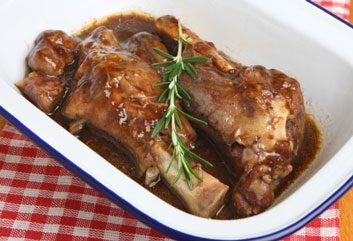
Lamb
It takes 39.2 kg of greenhouse gases to put one 1 kg of lamb meat on your family’s plates, according to the Environmental Working Group. Roughly 80% of that polluting happens at the farm; the rest is in transportation and processing.
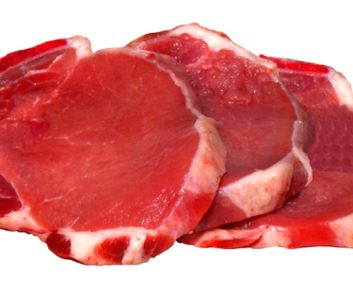
Beef
Because of the vast amounts of energy, water, and resources required to feed and grow cattle, beef is one of the worst environmental offenders. For example, 1 kg of edible beef generates the creation of 27 kg of greenhouse gases, second only to lamb. By comparison, a crop of tomatoes generates 1.1 kg of gases for every 1 kg of food.
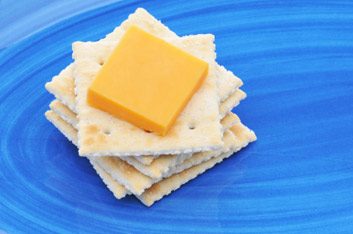
Cheese
The carbon footprint of cheese weight in at 13.5 kg per kilogram consumed. Not only do you need to raise animals to get the milk needed to make cheese, but you then need to process it. Together, that generates a lot of carbon dioxide.
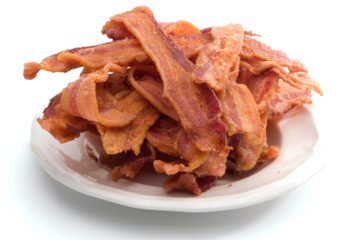
Pork
As the most-consumed meat in the world, pork’s impact on the environment is large. Pork accounts for 37 percent of all the meat consumed worldwide. Similar to beef, the adverse environmental impact from pork comes from the resources needed to feed the livestock, then transport the meat.

Farmed Salmon
High-volume salmon farms pollute the oceans with antibiotics and other chemicals. There’s also a lot of pollution caused by having so many fish in a confined space, with sometimes 1 million fish jammed into the space of four football fields.
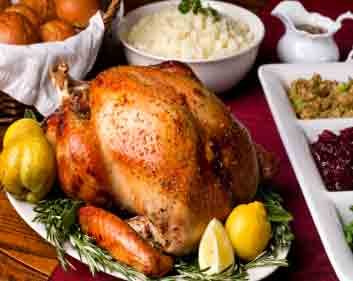
Turkey
The next time you sit down to a turkey dinner, think about this: 1 kilogram of turkey contributes to 10.9 kg of greenhouse gases.
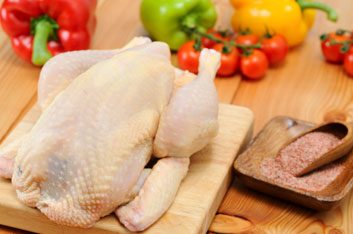
Chicken
Annual production of fecal waste from poultry flocks tops 8 million tons and more than 106,000 metric tons of broiler hatchery waste. In addition, there are millions of dead birds and condemnations at processing plants a year.
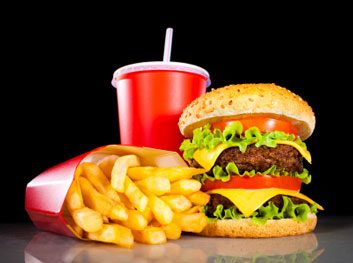
Fast Food
All those bags, all those wrappers! A 2009 study in Britain looked at public litter in 10 cities over two days. A shocking 29 percent was garbage from McDonald’s. The only larger category of public litter was cigarette butts.
Related:
• Water footprint of common foods
• 5 habits for eco-friendly food shopping
• 10 delicious vegetarian meal ideas
